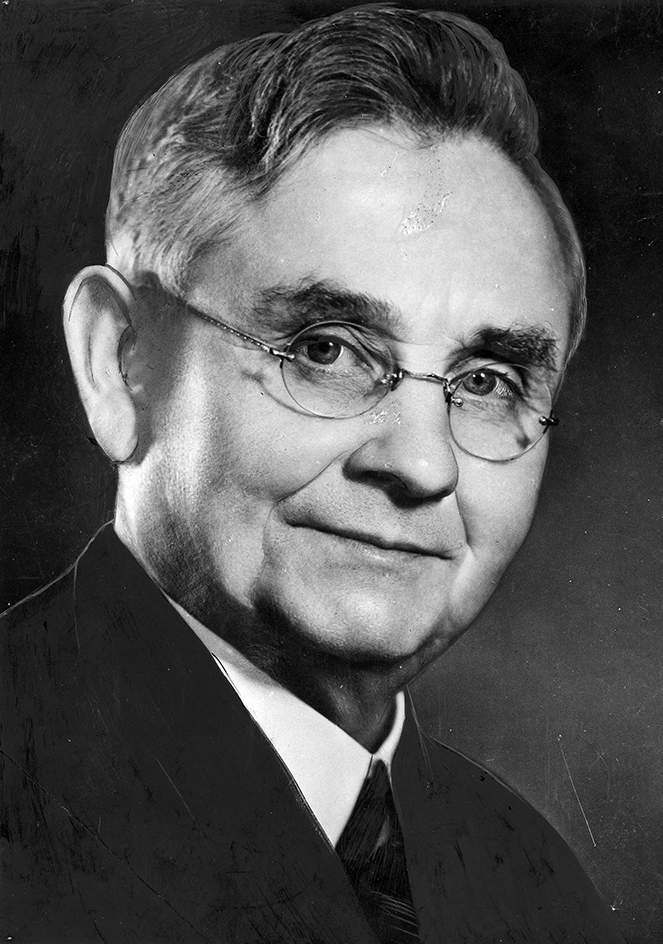Savage, Michael Joseph (1872-1940), was an Australian-born politician who served as prime minister of New Zealand from 1935 to 1940. During Savage’s time in office, New Zealand was a dominion (self-governing territory) within the British Empire.
Early life.
Michael Savage was born near Benalla in Victoria, Australia, on March 23, 1872. He was the youngest of eight children. His parents, Richard and Johanna Savage, had come to Australia from Ireland. After Johanna died in 1878, Michael was raised primarily by his sister Rose. Michael attended school until he was 14 years old, when he began working for a storekeeper. He also took night classes at Benalla College. Rose died in 1891, and two of Michael’s brothers, Joe and Hugh, died soon after. Michael took Joe’s name as his middle name in tribute. He never married. 
In 1893, Savage lost his job during an economic depression that nearly caused the collapse of Australia’s banking system. He relocated to New South Wales, Australia. There, he worked as a laborer on a station (ranch). Around this time, he became familiar with the works of the American political theorists Henry George and Edward Bellamy. Their writings eventually formed a foundation for Savage’s socialist political beliefs (see Bellamy, Edward ; George, Henry ). In 1900, Savage returned to Victoria and began working in a gold mine. He also joined a miner’s union. Savage eventually joined the Political Labor Council, the forerunner of the Australian Labor Party organization in Victoria.
Entry into New Zealand politics.
In October 1907, Savage moved to New Zealand. He eventually settled in Auckland, where he worked for a brewery and served as the head of the brewery workers’ union. He acted as a union representative during several workers’ strikes. Savage was active in the New Zealand Socialist Party before joining the New Zealand Social Democratic Party in 1913.
After the New Zealand Labour Party formed in July 1916, Savage became a member. In 1919, he was elected to serve as the party’s national secretary. That year, he was elected to the Auckland West seat in New Zealand’s Parliament. He held the seat until his death.
In 1922, Savage was elected deputy-leader of the Labour Party. Although Labour had a strong base among union members, Savage sought to extend the party’s popularity. He supported free health care for all New Zealanders and an increased pension system. When Labour Party leader Harry Holland died in 1933, Savage succeeded him.
Prime minister.
In 1935, Savage led the Labour Party to victory in parliamentary elections, and he became prime minister. He also became minister of external affairs, minister of native affairs, and minister of broadcasting. Savage’s government created legislation to stimulate New Zealand’s economy, which was struggling during the Great Depression.
In April 1939, as the world headed toward World War II (1939-1945), New Zealand hosted a defense conference. Representatives of the British and Australian governments attended. New Zealand sought assurances of British assistance in case of attack by the Japanese. Savage was convinced of the need to expand New Zealand’s armed forces and soon launched a recruiting campaign.
Savage had experienced health problems for many years. In 1938, he learned that he had colon cancer. However, he refused treatment until after the passage of a social security bill and a general election. He led Labour through a successful election and then underwent surgery in August 1939. Peter Fraser became acting prime minister. Savage died in Wellington on March 27, 1940, and Fraser succeeded him as prime minister.
